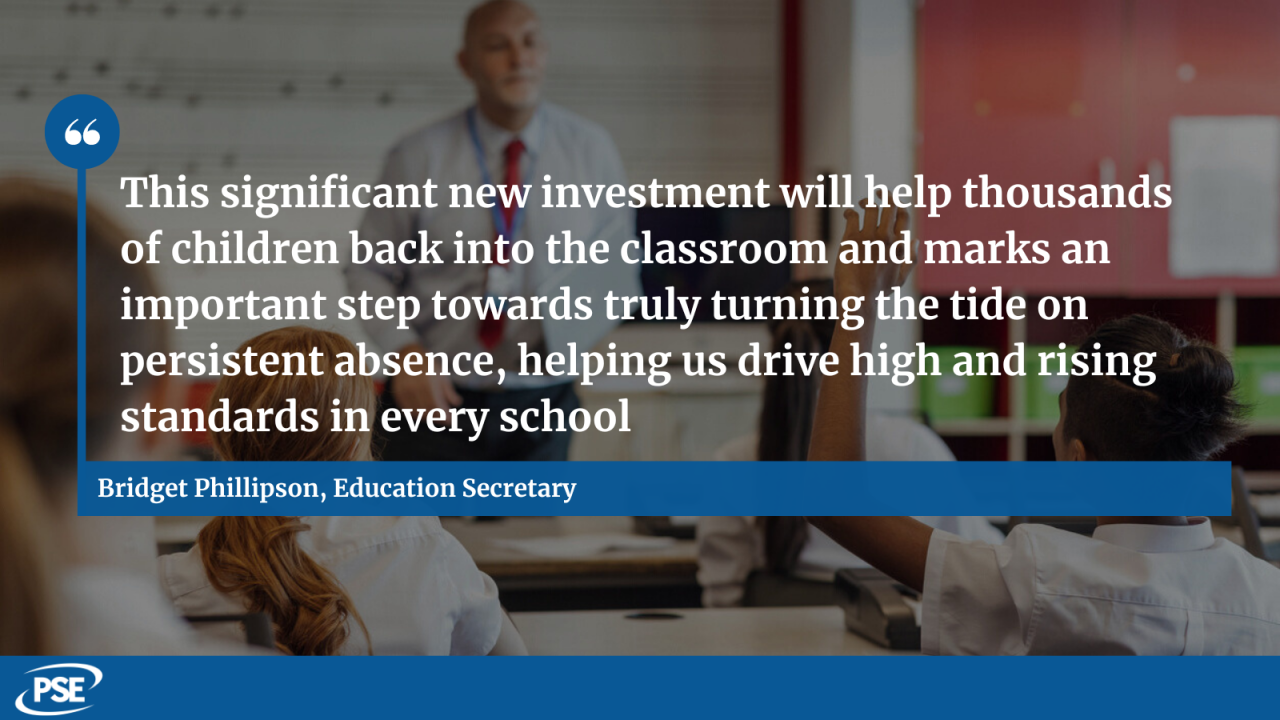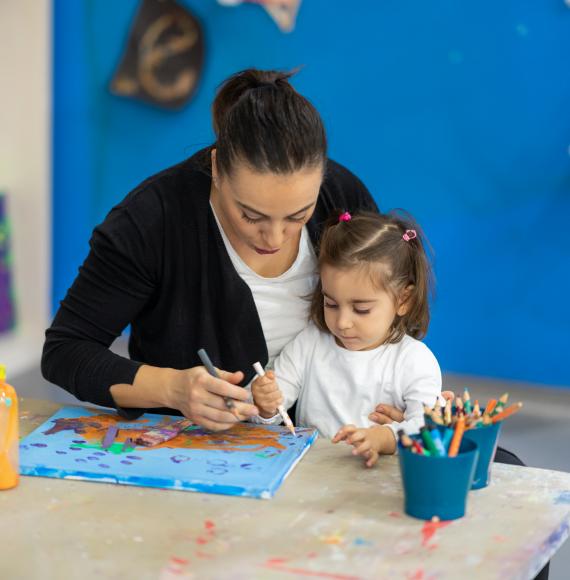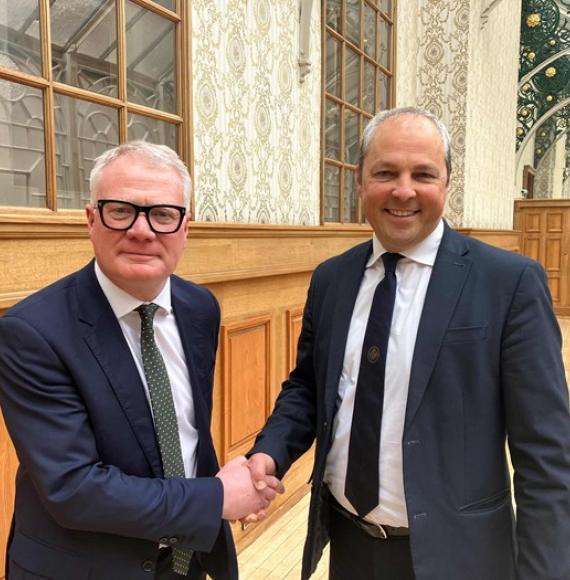The Department for Education has announced that it is increasing support for young people, as part of plans to keep them in school.
According to the government, persistent absence has increased nationwide since the Covid-19 pandemic, with one in five pupils currently missing 10% or more of their education. In response to this, investment and reach being committed to attendance monitoring is to be expanded thanks to £15 million of government funding.
This will help the programme to reach 10,000 more children in different areas of the country, including Nottingham, Ipswich, and Blackpool. The programme has been running since 2022 and has seen success in giving young people more support to return to the classroom and thrive.

Bridget Phillipson, Secretary of State for Education, said:
“Tackling the national epidemic of school absence is non-negotiable if we are to break down the barriers to opportunity so many young people face.
“For too long persistent absence has held back young people across the country and denied them the life chances that they deserve: this government is gripping this generational challenge facing our schools.
“This significant new investment will help thousands of children back into the classroom and marks an important step towards truly turning the tide on persistent absence, helping us drive high and rising standards in every school.”
Children’s Commissioner Dame Rachel de Souza also commented:
“As Children’s Commissioner, children tell me all the time that they want to be in school, so this investment is a welcome step in addressing some of the barriers to attendance. These barriers are varied and complex: unmet mental health or SEND needs, family commitments such as being a young carer, or a disengagement from school that needs special care to resolve.
“I remain deeply concerned by the rate of severe and persistent absences, which have not yet returned to pre-pandemic levels. Attendance mentors can be an important part of the solution, by being a trusted person working closely with children and their families.
“I have seen through my role as Chair of Greater Manchester Local Attendance Action Alliance how shared objectives, learning from what works and focusing on meeting every child’s needs means we can see real progress. Attendance must be a shared and top priority. Only when we ensure every child can engage with education, will we truly break down the barriers to opportunity.”
Through the programme, pupils will be supported over the course of 12 to 20 weeks, with an attendance mentor providing them with a specific plan. Not only will this help to reduce feelings of anxiety and building confidence, but it will also support the development of consistent routines at home and access to wider services.
Image credit: iStock



















